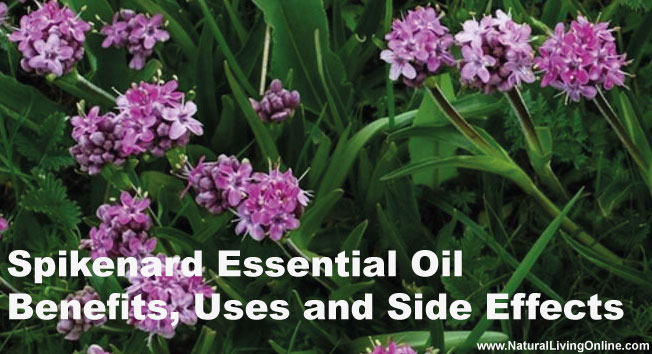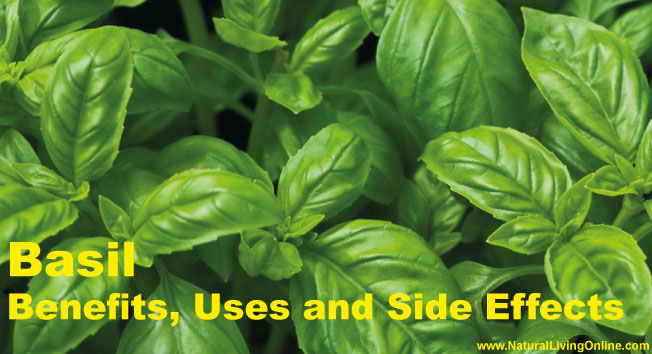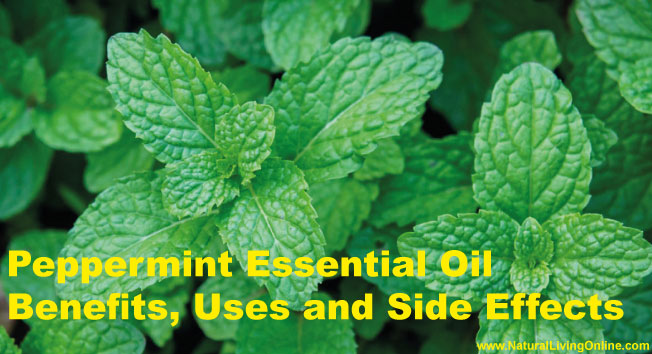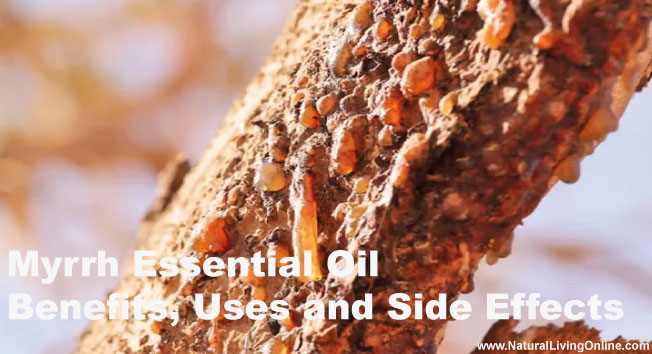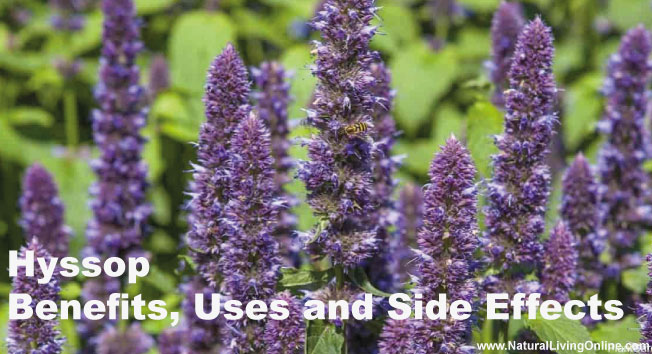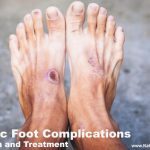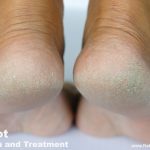Spikenard essential oil is derived from the root of the Nardostachys jatamansi plant, also called nard, nardin, jatamansi, and muskroot. This oil have been used in herbal medicine for centuries to treat a variety of conditions ranging from anxiety and insomnia to indigestion and skin inflammation. Spikenard essential oil is said to have a calming and grounding effect on the emotions, making it useful for easing anxiety and stress. In addition, spikenard oil is believed to promote restful sleep and help relieve symptoms of indigestion. When applied to the skin, spikenard oil is thought to be helpful in treating inflammation and skin conditions such as acne.
Essential Oil Profile / Monograph
Botanical Name: Nardostachys jatamansi
Common Names: Spikenard, nard, nardin, muskroot
Plant Family: Valerianaceae
Countries of origin: Nepal, India
Extraction Method: Steam distillation
Parts Used: Root
Essential Oil smell: Woody, musky, earthy
Essential Oil Color: Brown to amber
Viscosity: Thick
Perfumery Note: Base
Strength of Aroma: Medium
Blends Well With: Rose, vetiver, patchouli, cassia, ginger
Therapeutic Properties: Antidepressant, anti-inflammatory, antispasmodic, carminative, diuretic, sedative
Uses: Anxiety, insomnia, indigestion, skin inflammation
Contraindications: None known
Side Effects: None known
Types: 100% pure essential oil, blended essential oil
Chemical Constituents: Alpha-pinene (0.4-2.4%), β-pinene (0.2-1.6%), limonene (trace-0.8%), myrcene (0.3-1%), cis-ocimene (0.1-0.5%), trans-ocimene (0.2-0.6%), α-terpinene (trace-0.4%), terpinolene (0.1-0.5%), linalool (0.3-1.2%), geranial (trace-1%), neral (trace-1%), camphene (trace-0.8%), α-terpineol (0.2-1.2%), α-cubebene (trace-0.4%), cubebol (0.1-0.5%), Caryophyllene (0.3-1%), selinene (trace-0.4%), aromadendrene (trace-0.4%), β-bisabolene (0.1-0.5%), farnesene (0.1-0.5%) andtrans-nerolidol (trace-1%).
What is Spikenard?
Spikenard is a class of aromatic amber-colored essential oils derived from the root of the Nardostachys jatamansi plant. These oils have been used in herbal medicine for centuries to treat a variety of conditions ranging from anxiety and insomnia to indigestion and skin inflammation.
What are the benefits of Spikenard Essential Oil?
Spikenard essential oil is said to have a calming and grounding effect on the emotions, making it useful for easing anxiety and stress. In addition, spikenard oil is believed to promote restful sleep and help relieve symptoms of indigestion. When applied to the skin, spikenard oil is thought to be helpful in treating inflammation and skin conditions such as acne.
Uses
Spikenard essential oil can be used in a variety of ways to promote health and well-being. It can be added to massage oils and lotions for a relaxing massage, diffused in an aromatherapy diffuser to fill the room with its calming scent, or diluted in a carrier oil and applied to the skin.
Historical Use
The use of spikenard as a herbal medicine dates back centuries. In ancient times, it was used to treat anxiety, insomnia, and indigestion. It was also believed to have anti-inflammatory and antispasmodic properties.
Topical Use
Spikenard oil can be diluted in a carrier oil and applied to the skin. It is said to be helpful in treating inflammation and skin conditions such as acne.
Spikenard essential oil benefits for skin
Spikenard essential oil is believed to be beneficial for the skin due to its anti-inflammatory and antimicrobial properties. When applied topically, it is thought to help reduce inflammation and soothe irritated skin. Additionally, It is said to be helpful in treating acne by reducing sebum production and fighting off bacteria that can cause breakouts.
Spikenard essential oil benefits for hair
Spikenard essential oil is also believed to be beneficial for the hair. When applied to the scalp, it is thought to help stimulate hair growth and prevent hair loss. Additionally, spikenard oil is said to be helpful in treating dandruff by reducing inflammation and itchiness.
Aromatherapy
Spikenard essential oil can be used in aromatherapy to promote relaxation and ease stress. It can be diffused in an aromatherapy diffuser or added to a bath for a relaxing soak.
Diffuser blends for aromatherapy with Spikenard
1. Spikenard and Lavender: Add 3 drops each of spikenard and lavender essential oils to your diffuser for a calming and relaxing scent.
2. Spikenard and Bergamot: Add 3 drops each of spikenard and bergamot essential oils to your diffuser for a citrusy and uplifting scent.
3. Spikenard and Peppermint: Add 3 drops each of spikenard and peppermint essential oils to your diffuser for a refreshing and invigorating scent.
4. Spikenard and Rosemary: Add 3 drops each of spikenard and rosemary essential oils to your diffuser for a stimulating and energizing scent.
5. Spikenard and Lemon: Add 3 drops each of spikenard and lemon essential oils to your diffuser for a refreshing and uplifting scent.
6. Spikenard and Jasmine: Add 3 drops each of spikenard and jasmine essential oils to your diffuser for a floral and romantic scent.
7. Spikenard and Chamomile: Add 3 drops each of spikenard and chamomile essential oils to your diffuser for a soothing and calming scent.
Frequently Asked Questions
Who should not use Spikenard oil?
People with bleeding disorders or taking blood thinners should avoid using spikenard oil as it may increase the risk of bleeding.
Does Spikenard oil interact with any medicine?
It may interact with certain medications, such as blood thinners and medications for high blood pressure. If you are taking any medication, please consult with your doctor before using spikenard essential oil.
Can you use Spikenard oil everyday?
Yes, you can use it every day. If you are using it topically, it is best to dilute it in a carrier oil first.
Is it OK to breathe in Spikenard oil?
Inhaling spikenard oil is generally safe. However, people with asthma or other respiratory conditions should use caution when inhaling essential oils.
How much Spikenard oil daily is safe?
There is no standard recommended dose of spikenard oil. If you are using it topically, it is best to dilute it in a carrier oil first.
Does Spikenard oil raise blood pressure?
There is no evidence that it raises blood pressure.
Does Spikenard oil repel insects?
There is no evidence that it repels insects.
Can I directly use Spikenard oil on skin?
No, you should not apply spikenard oil directly to your skin. It is best to dilute it in a carrier oil first.
Is Spikenard oil good for hair?
There is no evidence that spikenard oil is good for hair. However, some people believe that it can help to relieve scalp conditions such as dandruff.
Is Spikenard Essential Oil safe for kids?
There is no evidence that spikenard oil is safe for kids. If you are considering using it, please consult with your doctor first.
Is Spikenard oil safe for cats and dogs?
There is no evidence that it is safe for cats and dogs. Generally it is not recommended using essential oils on pets. If you are considering using it, please consult with your veterinarian first.
References:
This website does not provide medical advice.
All information provided on this website, and on associated social media networks, including but not limited to texts, images, and numbers are for general information purpose only. It is not intended as medical advice and it does not include all possible precautions, side effects, or interactions that may occur. Neither NaturalLivingOnline.com nor its author/founder take responsibility for how you use this information. Statements contained on NaturalLivingOnline.com have not been evaluated by the FDA. You should conduct thorough research via multiple sources and consult your physician or qualified doctor before using any essential oil or herbal remedy. Information on NaturalLivingOnline.com must not be relied upon for medical, legal, financial or other decisions.

